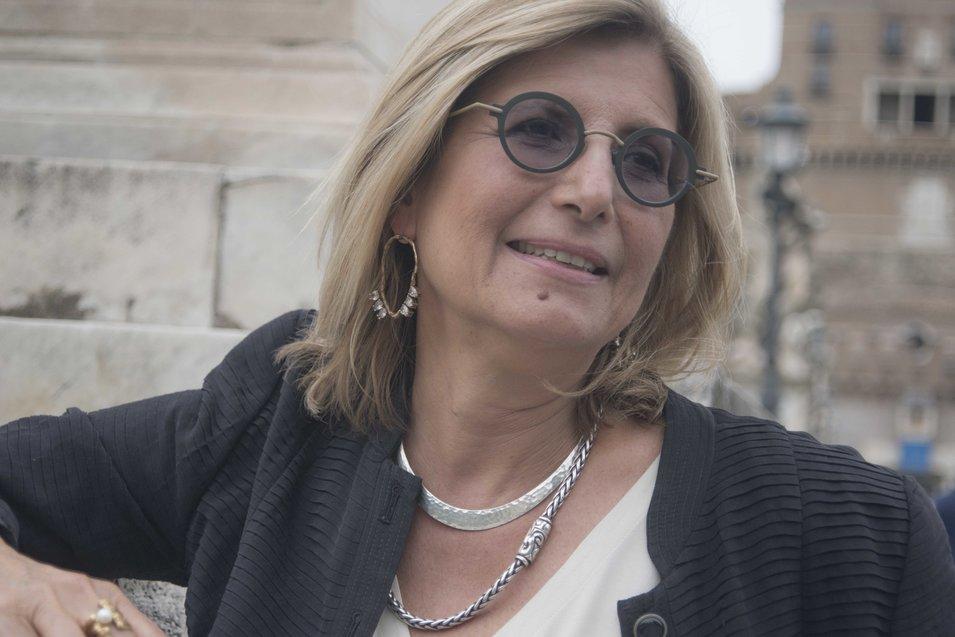 Francesca Fiorani writes, lectures and teaches on Renaissance art. The author of numerous books and articles, she is interested in the intersections of art, science and technology in the early modern period, with an emphasis on global networks of artistic and cultural exchange. Her writings explore the art and science of Leonardo da Vinci, Renaissance practices that bridge between artists' training and university education, cartography, mapping, art theory, as well as the relations between art, science and religion.
Francesca Fiorani writes, lectures and teaches on Renaissance art. The author of numerous books and articles, she is interested in the intersections of art, science and technology in the early modern period, with an emphasis on global networks of artistic and cultural exchange. Her writings explore the art and science of Leonardo da Vinci, Renaissance practices that bridge between artists' training and university education, cartography, mapping, art theory, as well as the relations between art, science and religion.
Among her books are The Shadow Drawing: How Science Taught Leonardo da Vinci How to Paint (Farrar, Straus and Giroux, 2020; finalist for the 2021 Bridge Literary Award); Leonardo da Vinci and Optics. Theory and Artistic Practice (Marsilio, 2013); The Marvel of Maps. Art, Cartography and Politics in Renaissance Italy (Yale University Press, 2005; finalist for the 2006 Premio Salimbeni per la Storia e la Critica d’Arte); and the exhibition catalogue Bartolo di Fredi’s Adoration of the Magi: A Masterpiece Reconstructed (Fralin Museum of Art, 2012).
Dr. Fiorani is a keen explorer of the application of modern technology to art history. Combining her longstanding interest in art, science and technology with her research on Leonardo da Vinci's optics, she created the digital publication Leonardo da Vinci and His Treatise on Painting (Institute for Advanced Technology in the Humanities, 2012). Dedicated to the legacy of Leonardo da Vinci's art theory in Renaissance and Baroque Europe, this publication provides innovative research tools for visual and textual analysis. Graduate and undergraduate students in art history routinely collaborate to this ongoing project.
A member of the Society of Fellows at the University of Virginia, she is the recipient of honors and awards from numerous institutions, including the John Simon Guggenheim Memorial Foundation, the Harvard University Center for Italian Renaissance Studies at Villa I Tatti, Florence, the American Council for the Learned Societies, the Getty Center, the National Endowment for the Humanities, the Folger Institute, the John Carter Brown Library, the Herzog August Bibliothek, Wolfenbüttel, Germany, and the Warburg Institute, University of London.